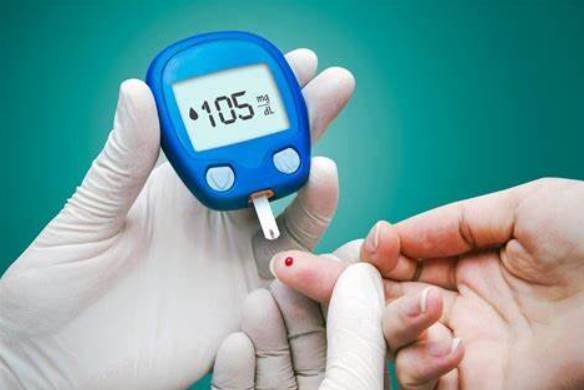A new study involving over 100,000 people suggests that eating breakfast before 8am may lower the risk of type 2 diabetes by 59 percent, compared to eating breakfast after 9am. The timing of meals may have a significant impact on metabolism and blood sugar control, according to the researchers.
The Importance of Breakfast Timing
The study, published in the International Journal of Epidemiology, was conducted by researchers from ISGlobal in Spain and INSERM in France. They analyzed the eating habits and diabetes incidence of 103,312 adults, 79 percent of whom were women.
The researchers observed 963 new cases of type 2 diabetes during the study period. They found that the risk of developing diabetes was significantly higher among participants who regularly ate breakfast after 9am, compared to those who ate breakfast before 8am.

Anna Palomar-Cros, ISGlobal researcher and lead study author, said in a statement: “Biologically, this makes sense, as skipping breakfast is known to affect glucose and lipid control, as well as insulin levels. This is consistent with two meta-analyses that conclude that skipping breakfast increases the risk of type 2 diabetes.”
Other Factors That Influence Diabetes Risk
The researchers also examined other factors that may influence diabetes risk, such as meal frequency, dinner time and fasting duration. They found that:
- Eating a late dinner after 10pm was associated with a higher risk of diabetes.
- Eating smaller meals more frequently throughout the day was associated with a lower risk of diabetes.
- Extended fasting periods were beneficial only if done by having an early breakfast and dinner.
“Our results suggest that a first meal before 8am and a last meal before 7pm may help reduce the incidence of type 2 diabetes,” said Manolis Kogevinas, ISGlobal researcher and study co-author, in a statement.
| Meal Time | Diabetes Risk |
|---|---|
| Before 8am | -59% |
| After 9am | +59% |
| After 10pm | +29% |
How to Adjust Your Eating Habits?
The findings of the study challenge some popular dietary trends, such as intermittent fasting and skipping breakfast. The researchers suggest that people should consider not only what they eat but when they eat, as this may have a profound impact on their health.
Some tips to adjust your eating habits are:
- Plan your meals ahead and set a regular schedule for breakfast, lunch and dinner.
- Avoid skipping breakfast or eating it too late in the day. Aim for a balanced meal that includes protein, fiber and healthy fats.
- Eat dinner at least three hours before bedtime and avoid snacking after dinner.
- Eat smaller portions more frequently throughout the day and avoid overeating or bingeing.
- Drink plenty of water and limit your intake of sugary drinks, alcohol and caffeine.





















